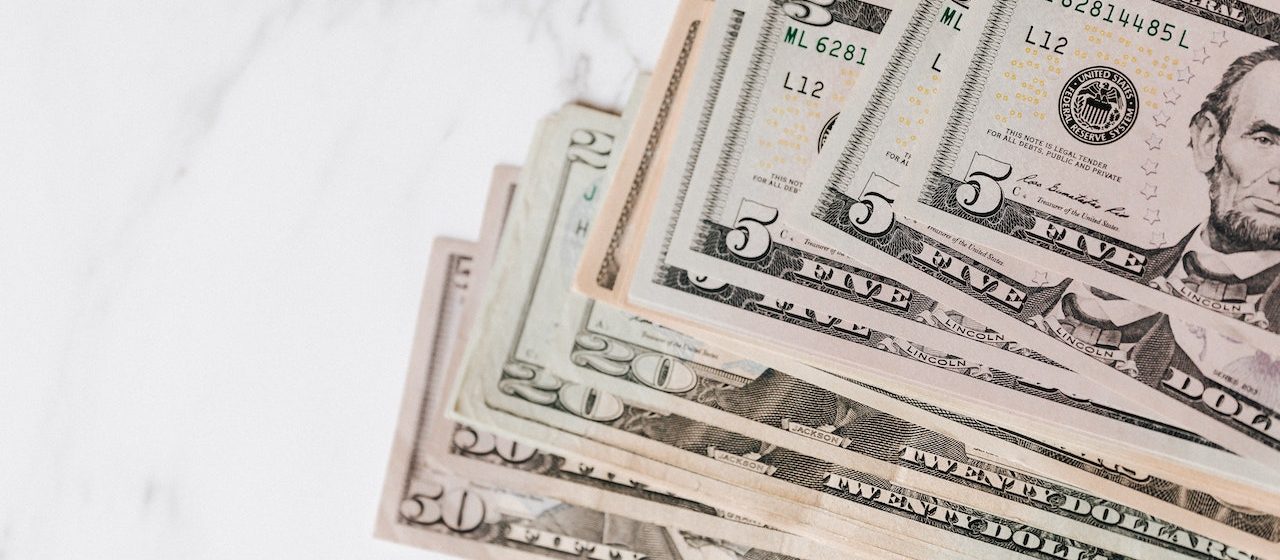Why Car Trade-In Value Is Lower Than Market Value

Get to Know the Reasons Behind the Disparity
Ever wondered why the trade-in value of your car falls short of its market value? It’s like settling for a lukewarm coffee instead of a piping hot brew. Understanding the reasons behind this disparity is crucial for anyone considering an upgrade or selling their beloved vehicle.
To begin, it’s essential to differentiate between car trade-in value and market value. Car trade-in value refers to the amount a dealership offers for your current vehicle as credit toward purchasing a new one. On the other hand, market value represents the estimated price your car could fetch in the open market, such as through a private sale or online marketplace.
Top Reasons Why Car Trade-In Values Are Lower Than Market Values
Let’s delve into the top reasons why car trade-in values tend to be lower than market values, shedding light on this common cause of confusion.
1. Depreciation
One of the primary factors contributing to the lower trade-in value is depreciation. Over time, cars naturally lose value due to factors like wear and tear, mileage, age, and condition. As soon as you drive your car off the dealership lot, it begins to depreciate. The rate of depreciation varies depending on the make, model, and demand in the market. Dealerships factor in this depreciation when determining the trade-in value, resulting in a lower offer compared to the market value.
2. Reconditioning and Reselling Costs
When you trade in your car, the dealership incurs additional expenses to prepare the vehicle for resale. This includes inspecting the car, addressing any mechanical or cosmetic issues, and ensuring it is in good condition for the next buyer. The dealership also invests in advertising, marketing, and staffing to facilitate the sale. These reconditioning and reselling costs are taken into account when determining the trade-in value, which reduces the offer compared to the market value.
3. Profit Margins for Dealerships
Dealerships are businesses aiming to make a profit. While trade-ins offer convenience, dealerships must consider their profit margins when determining the trade-in value. Factors such as the potential resale value of your vehicle, the demand for similar models in the market, and overhead costs come into play. By offering a lower trade-in value, dealerships ensure they can resell the vehicle at a price that allows them to generate a profit.
4. Financing and Sales Incentives
Trade-in value can also be affected by financing and sales incentives offered by dealerships. When you trade in your car, the dealership often provides financing options or sales incentives to sweeten the deal for the new vehicle you’re purchasing. These incentives might include discounted prices, low-interest rates, or other promotional offers. The cost of these incentives is factored into the trade-in value, further reducing the overall offer.
5. Convenience and Efficiency
Trade-ins provide convenience and efficiency for those seeking to upgrade their vehicles. Instead of dealing with the hassle of private selling, negotiating with potential buyers, and handling paperwork, trading in your car allows for a smoother and quicker process.
By understanding these reasons, you can make informed decisions when it comes to buying, selling, or trading in your vehicle. While trade-in values may fall short of market values, the convenience and streamlined process offered by dealerships can be an appealing option for many.
Want to Get Rid of an Unwanted Car?
Trading in your car may be convenient, but it comes with a cost. On the other hand, donating your vehicle to charity won’t cost you a dime! Not only that, but it also allows you to make a meaningful impact on the world around you.
If the time has come to retire your old car, consider donating it to Breast Cancer Car Donations. We’ll turn it into a powerful tool that could save the lives of breast cancer patients in your local community who desperately need medical assistance.
Through an auction, we’ll sell your donation and pass on the proceeds to our charity partners. These IRS-certified 501(c)3 nonprofit organizations use the funds to provide financial assistance to uninsured and underprivileged breast cancer patients, covering their treatments, consultations, hospital fees, medications, follow-up care, and other essential healthcare services.
Moreover, our charity partners ensure that disadvantaged individuals have easy access to local healthcare facilities for free breast cancer screening and diagnosis. They also offer crucial follow-up care for breast cancer survivors. Additionally, they use the funding we provide to promote breast cancer awareness, prevention education, and counseling services for the public.
You’ll also benefit from your act of charity since it will entitle you to claim the maximum tax deduction in the next tax season. Furthermore, you’ll also benefit from our free towing service, which you can get anywhere in the United States.
The most satisfying reward you’ll get, however, is the awesome experience of doing something that can help save lives.
We accept nearly all types of vehicles, even those that are no longer in great shape. To learn more about what you can donate aside from cars, visit this page.

Photo by Alex Green under Pexels License
Ready to Make an Impact?
Your old and unwanted vehicle could give a disadvantaged breast cancer patient a chance to beat the disease. Your vehicle donation may be all it takes to give them hope. Call Breast Cancer Car Donations at 866-540-5069 or fill out our secure online donation form now!
Last Updated: March 11th, 2024
